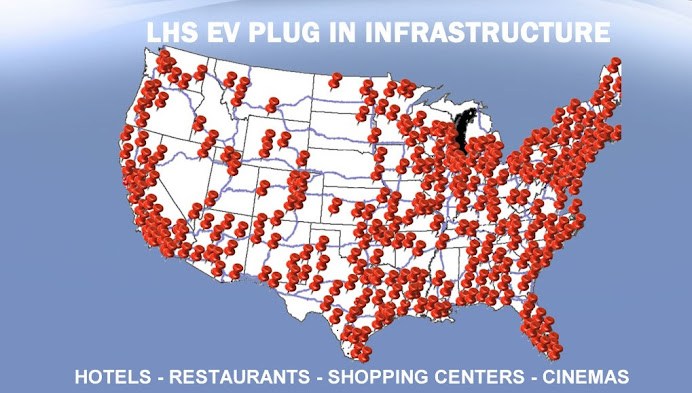
ZAP, a company known for building electric motorcycles and three-wheel cars, has just raised $25 million in capital and plans to use the money to jump headlong into full-size electric vehicles. To buoy this effort, it is also seeking $200 million in stimulus loans from the U.S. Department of Energy.
Santa Rosa, Calif.-based ZAP is uniquely positioned for several reasons. Due to its well-developed scooter business — which has been around since 1994 — it has its foot in the door many places where many of its competitors do not. Namely, it has an entryway into markets in Europe and Asia where even Tesla Motors and Fisker Automotive do not. In the U.S. alone, it sells through 56 dealerships. It also has experience with advanced battery technology. After using lead-acid batteries in its scooters, the company will transition to lithium-ion packs for its cars.
Still, ZAP has some hurdles to contend with. The four-wheel, sub-compact cars it plans to produce are smaller and perhaps less marketable than those built by others. They are slated to travel 200 miles per full charge. Tesla says its Roadster can travel close to 250 miles on one charge and that its Model S will go 300 miles. Chevy’s Volt is also expected to go 230 miles on one charge and look like a regular sedan. In order to remain competitive in this field, the company is placing large bets on getting money from the DOE.
It plans to use the funds, loaned via the Advanced Technology Vehicles Manufacturing program, to build a manufacturing facility in Franklin, Ky. The plant would be capable of churning out 40,000 vehicles per year initially, and up to 100,000 eventually. It would be up and running within 13 months of receiving the $200 million from the government, ZAP says. Until now, the company has been manufacturing its components in China and assembling its vehicles in Santa Rosa, Calif. The DOE has already distributed the first round of these funds, with Tesla receiving a whopping $465 million, and the rest going to limping automotive giants like Ford and Nissan. The recent $25 million for ZAP came from Cathaya Capital, a firm funded by Jaccar Holdings. Jaccar has taken a 20 percent stake in the company at this point.

Aucun commentaire:
Enregistrer un commentaire